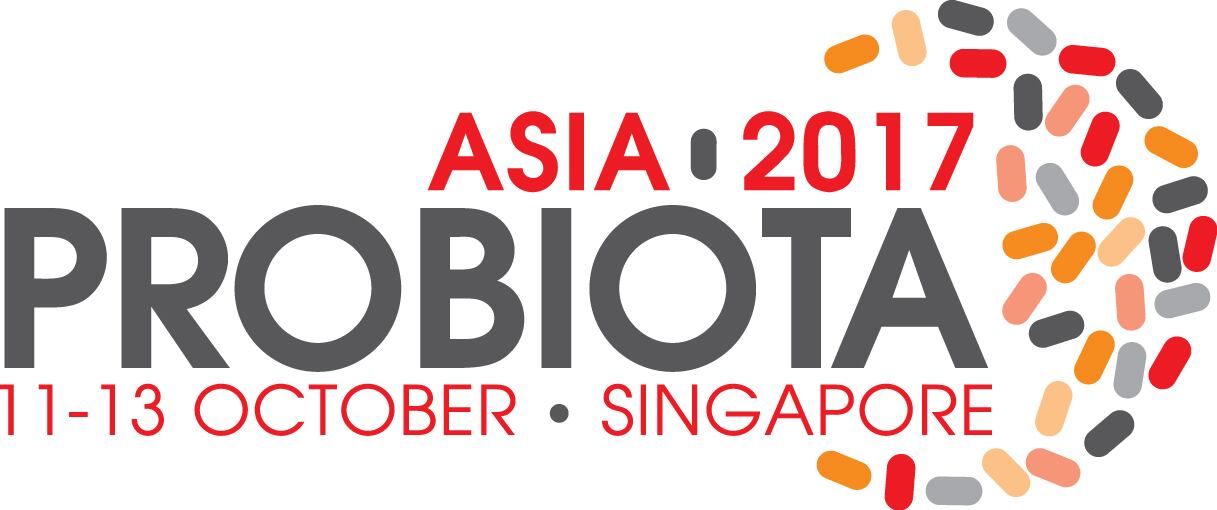The study on mice found that melanin in ink from Sepiella Maindroni (MSMI) had a beneficial effect on the “proportion of dominant bacterial communities”, which was “positively correlated with the dose”. It has been hypothesized these changes could help tackle obesity and bowel disease.
Cephalopod ink has been used in research for the development of new drugs and functional foods, due to its reputation as a “multifunctional bioactive marine drug” with anti-tumor, antioxidant, and anti-coagulant properties, as well as the ability to protect against testicular damage and prevent kidney dysfunction.
But while MSMI has been shown to “possess antimicrobial properties against a diversity of organisms, less attention has been paid to the interactions between microbes and melanin”.
In the study, mice were randomly divided four groups, which were normal group (S), low melanin dose group (D; 120 mg/kg), medium melanin dose group (Z; 240 mg/kg), and high melanin dose group (G; 480 mg/kg). Melanin was delivered for 28 consecutive days.
Antioxidant activity
"There were significant shifts in relative abundance of the dominant taxa at the phylum, class, order, family, and genus levels following melanin treatment," noted the researchers.
The changes in the levels of different types of dominant bacteria in the gut due to different MSMI doses were linked to metabolism, providing “new theoretical evidence for understanding the effect of melanin function”. These changes also led to greater antioxidant activity, and implications against diet-induced obesity.
"The relative abundance of the nine genera (Bacteroides, Odoribacter, Oscillopsia, Prevotella, , Helicobacter, Sutterella, Ruminococcus, Parabacteroides, and Lactobacillus) that were altered by MSMI intervention have health and disease implications," wrote the researchers.
They are now calling for further studies to verify the link between MSMI and microbial dysbiosis induced by inflammatory bowel disease, hepatopathy, and obesity.
The study concluded that from a health point of view, the use of melanin does not cause intestinal flora disorder, and that its results presented important implications for MSMI as a functional food component with therapeutic potential for manipulating gut microbiota.
Source: BMC Microbiology
https://doi.org/10.1186/s12866-017-1058-7
“Effects of melanin from Sepiella Maindroni ink (MSMI) on the intestinal microbiome of mice”
Authors: Hui Dong, et al.

The Probiota series is growing, and in October 2017, Singapore will host the first ever Probiota Asia event. Building on the success of the annual global Probiota and Probiota Americas events, Probiota Asia will focus exclusively on this high growth market and the challenges it faces.
